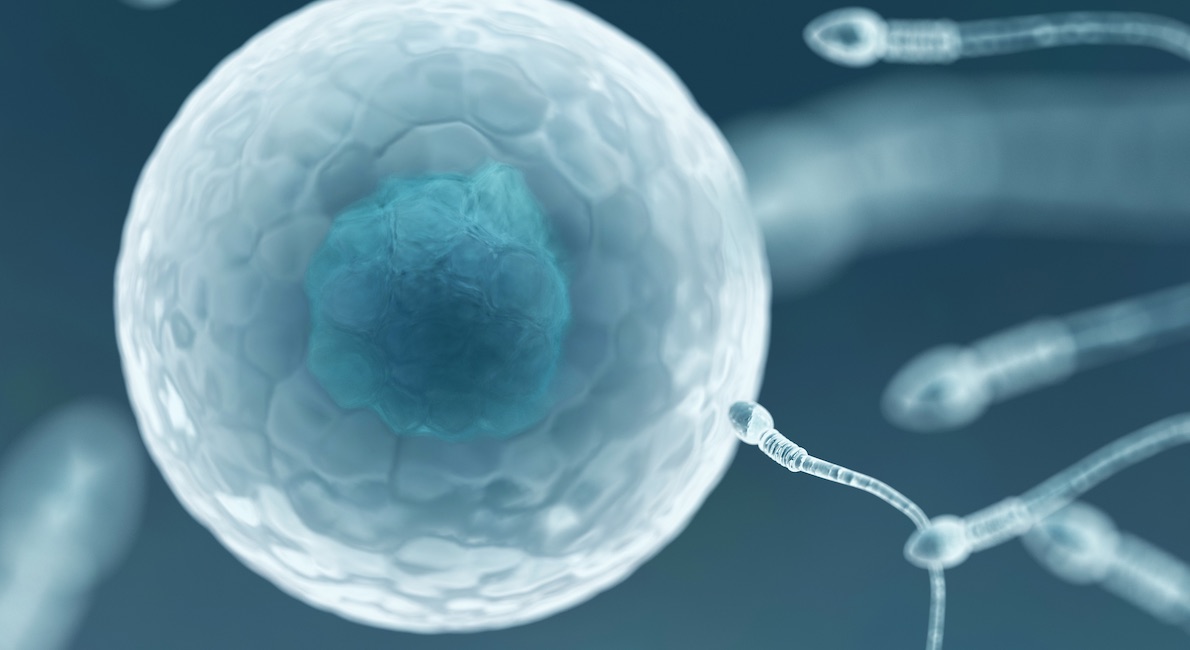A hospital in Leiden, Netherlands, has admitted to a massive crisis that they are warning could lead to cases of accidental incest.
The Leiden University Medical Centre’s (LUMC) sperm bank was closed in 2004, but new analysis has found that data has gone missing, and some men were able to father far more children than regulations permitted. Of 1,141 registered children, 80 have no father listed as donor. Additionally, at least nine men were able to father more than 25 children, which was supposed to be the maximum. Among those nine men, over 400 children were fathered, with one man fathering as many as 90 children.
“We find that a very worrying figure,” Martin Schalij, who is on the LUMC board of directors, told NOS.
The number of children fathered by these nine men violates a law instituted in 1992, dictating that donors could father no more than 25 children between 12 women. The goal was to prevent the possibility of accidental incest, which Schalij now admits is a “very real possibility.”
Most of the donors and the women who used the sperm bank live around the same area, increasing the chance of incest.
READ: Court orders Dutch man with over 500 children to stop donating sperm
Schalij is urging mothers and children to contact the hospital, as well as for other medical centers to review their records. “It may well be that all the other sperm banks kept a detailed register but I wouldn’t be surprised if more questions will be asked,” he said. “I think it would be a good idea to clear up everything once and for all.”
Ties van der Meer, spokesperson for Stichting Donorkind, a foundation which advocates for the rights of donor children, agreed. “We know that this is the tip of the iceberg,” he said. “Files and archives at many other hospitals and clinics are also incomplete or a mess.”
A Harvard Medical School study found that 62% of children born after being conceived through donor technologies consider it to be immoral and unethical.
“I am a human being, yet I was conceived with a technique that had its origins in animal husbandry,” one person wrote in a book for Anonymous Us. “Worst of all, farmers kept better records of their cattle’s genealogy than assisted reproductive clinics … how could the doctors, sworn to ‘first do no harm’ create a system where I now face the pain and loss of my own identity and heritage.”







